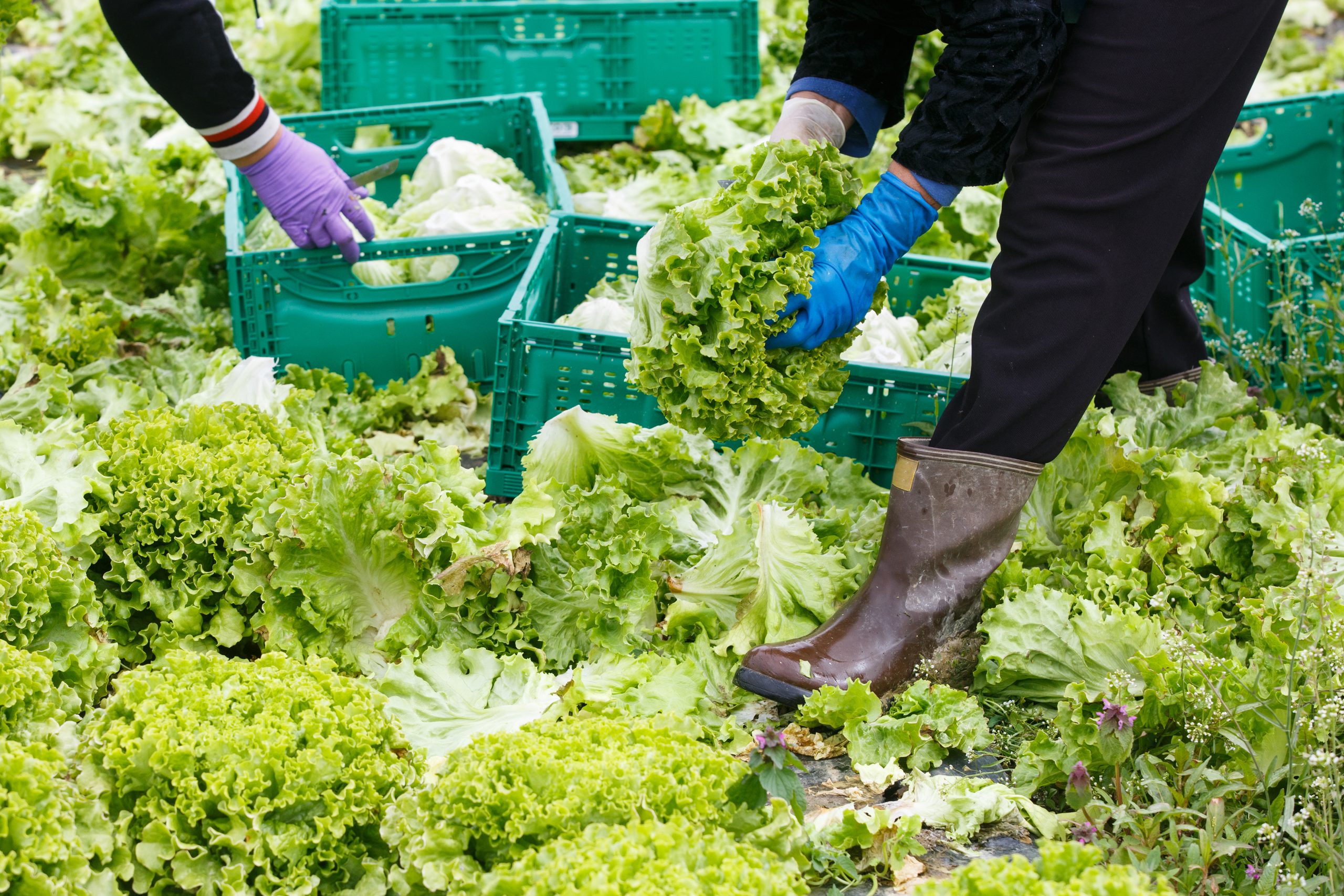By Ron Estrada
Everyone needs affordable grocery staples, but that need is getting harder and harder to meet for millions of Americans. If the last six months have shown us anything, it’s that Americans eat a lot of eggs. We’ve also learned – first through the euthanization of millions of chickens to stop the spread of avian flu and more recently via new tariffs placed on imports – that food is extremely vulnerable to price spikes and that our nation’s food system is more fragile than we thought.
But there’s another piece to the food ecosystem that hasn’t been getting as much attention: the stability of our nation’s farm workforce. As someone who grew up with parents who worked the fields, I know firsthand how hard they work and the dignity and pride they have.
Every day there are approximately 2.4 million farmworkers doing the back-breaking labor of harvesting crops, milking cows and literally putting food on our tables – work that most Americans would never consider doing. But like any other workforce, stability rests on ensuring their health, safety and legal standing.
Health is of the utmost importance when it comes to a stable workforce. As avian flu continues to spread, dairy workers are on the frontlines. Because they typically work in extremely remote locations, farmworkers must often travel hours with limited transportation options to seek medical care. They are also often unable to take sick leave without fear of losing their jobs, forcing workers to choose between seeking health care and losing wages. A healthy farm workforce is a stable farm workforce.
Safety is also crucial for a stable workforce. Despite the often hazardous conditions of farm work, farmworkers remain excluded from many of the occupational safety and health protections enjoyed by other workers. And, like any high-risk occupation, our nation’s farm workforce is susceptible to outside forces that could ultimately compromise the safety and affordability of our nation’s food supply. Whenever there is an extreme weather event like floods or wildfires, farmworkers continue to perform arduous physical labor while most of us take shelter or other precautions.
Because they work under prolonged exposure to the elements, farmworkers are 35 times more likely to die of heat-related illness than other professions. Seventy-five percent of farmworkers have reported exposure to dangerous amounts of smoke but made no changes to their daily routines and work. It’s not that they don’t care about it; it’s that often they can’t protect themselves.
This is why it’s so important that farmworkers have strong workplace protections and are provided the education and training they need to protect themselves from injury and illness. A safe farm workforce is a stable farm workforce.
Another important factor for workforce stability is the ability to work legally without fear of retaliation or deportation. Over 40 percent of our nation’s farmworkers are undocumented, and most of these workers have been living in the U.S. for a decade or more. It's clear that deporting nearly half of our nation’s farmworkers would significantly impact labor costs and food prices. Deportation is completely impractical and not a viable option.
Even if they are not detained and deported, the mere threat of it is enough to send a chilling effect throughout the farm workforce. Workers are scared to go to work, send their children to school, and seek services in their communities. As a result, the farm workforce is destabilized as workers are forced even further underground, making them more vulnerable to injury and illness
Instead we need to treat these skilled workers with dignity and find a way for them to attain legal status so they can seamlessly continue the work they’re already doing. We need lawmakers who understand this reality and want to get serious about stabilizing our nation’s farm workforce by creating legal pathways for undocumented farmworkers that are informed by the essential, often perennial nature of farm work.
March 24 - 28 is National Farmworker Awareness Week when we take time to recognize and honor farmworkers for being the backbone of our nation’s food system and for playing a central role in our economy and national security. When lawmakers enact policies that protect the health, safety and legal status of our nation’s farmworkers, we have a more stable farm workforce, more stable food prices and a safer America.
Ron Estrada lives in Austin, TX and is the CEO of Farmworker Justice.

